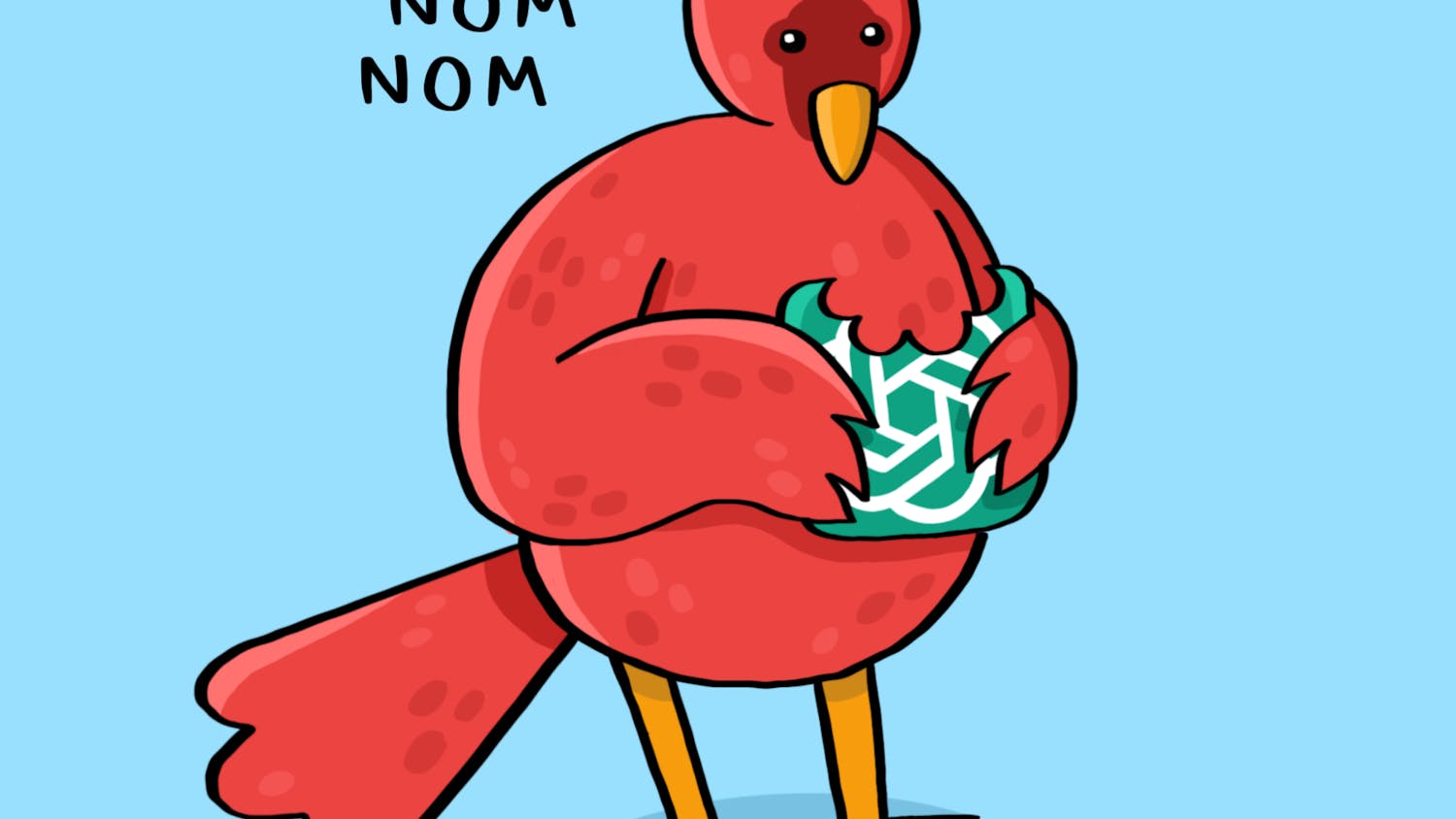Caroline VanSickle’s office was exactly what I would expect the office of an anthropologist to look like with a handkerchief-sized cloth printed with hominid skulls laying draped over a bookshelf and a tiny replica of a pelvis resting on top of the cloth. VanSickle herself sat in front of a computer that flicked through pictures of animals in their natural habitats. When I sat down and we started to chat, it was like I had known her for years, even though this was only the second time we had conversed.
VanSickle is the first recipient of the Wittig Postdoctoral Fellowship in Feminist Biology, a position offered through the Center for Research on Gender and Women. I asked VanSickle to give me a brief history of the position and she explained that “Gertrude Wittig was a biologist who experienced sexism in biology.” Although she had no ties to the University of Wisconsin-Madison, “she wanted to leave money to an institution that would try and change that.”
The University of Wisconsin-Madison’s Center for Research on Gender and Women fit the bill. Wittig left an endowment to the research center and a committee from the research center developed the Wittig Postdoctoral Fellowship in Feminist Biology. And this is where VanSickle enters the story.
At the time, UW-Madison posted the position VanSickle was finishing up her Ph.D. in biological anthropology from the University of Michigan. The crux of VanSickle’s research was, and still is, researching the biology of human evolution by looking at fossilized skeletons from various hominid species.
However, her work has a strong gender component. “I try to look at questions in human evolution about what sex differences do we see in the past, and can we relate that to behavioral differences?” VanSickle said.
The project that she spoke most about in her application was her research on Neanderthals. This project entailed looking at the evolution of childbirth in Neanderthals as a way to analyze what female Neanderthals were doing during this time in hominid history. Additionally, VanSickle compared the female human pelvis to the female Neanderthal pelvis to determine whether there were quantifiable differences between the two.
These differences, or lack thereof, also would provide extremely important clues to the evolution of childbirth. The strong biological and gender components of VanSickle’s research embodied the mission of the feminist biology position and she received the position in April of 2014.
So, what is feminist biology? “Feminist biology is an idea the evolved out of feminist critiques of biology. Biologists were doing things that were sexist and affected their results,” said VanSickle.
She continued to explain that feminist biology has two primary goals. The first goal is to get more women involved in biology. “As far as the sciences go, biology comes closest to having more women, but they are still far from equal,” VanSickle said.
The second goal of feminist biology is critically looking at what kind of questions biologists are asking and what kind of hypotheses they are testing. Caroline’s example of a success in the feminist biology field is that the National Institutes of Health (NIH) are now requiring anybody applying for funding to specify how they’re going to do clinical studies on both genders.
“In the past, it has been very common for medical procedures and drug tests performed on samples that are just males. However, when they’re approved, they’re applied to females without testing if females would have reacted differently,” said VanSickle.
VanSickle’s research at UW-Madison will work to embody and further feminist biology. Her upcoming project will look at how scientists assess sex in the fossil record and if scientists can use the same criteria for identifying sex in modern humans and apply that to the fossil record.
VanSickle will only have two years at UW-Madison, but she plans on continuing this line of research after her time is over. “My overarching research program is really to look at sex differences in human evolution. A lot of the time in the past when people have developed theories, there is more focus on the males, and less focus on the females and how evolution was affecting them directly,” VanSickle said.1
Additionally, she also will be teaching a course both semesters. In the spring, she will be teaching Gender and Women’s Studies 533: Human Evolution and Feminism.
For more information about feminist biology, the Center for Research on Gender and Women is hosting The Wisconsin Symposium on Feminist Biology October 10th through 11th in the Red Gym. Caroline VanSickle will be speaking as well Anne Fausto-Sterling from Brown.





